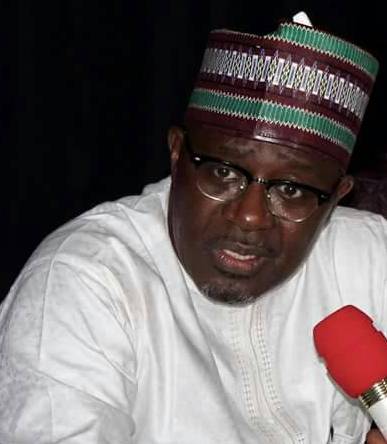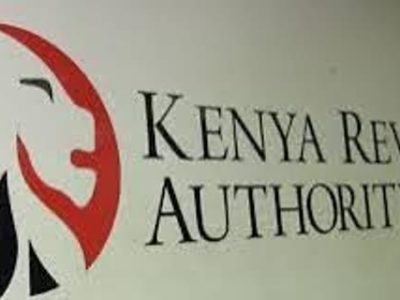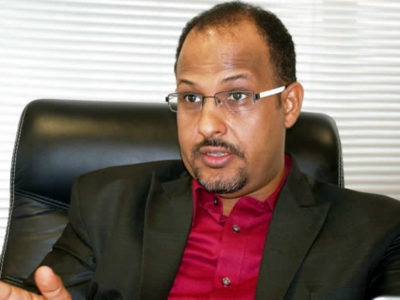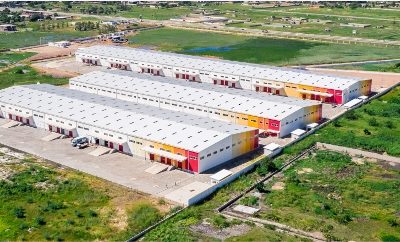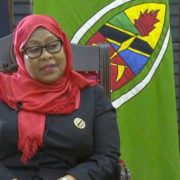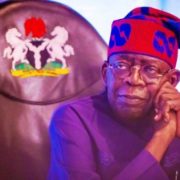By Oluwatobi Opusunju
The federal government will in February implement Digital Switch Over (DSO) in Enugu and Osogbo in Osun State as government moves closer to meeting the new deadline to transit from analogue to digital terrestrial television (DTV) nationwide in line with the global shift by the International Telecommunications Union (ITU) to digital transmission. About 12 states are to be covered by the end of June.
READ: http://itedgenews.africa/2016/10/28/nigeria-eyes-1billion-revenue-from-digital-migration/
The Director-General, National Broadcasting Commission (NBC), Mallam Ishaq Modibbo-Kawu while speaking at a Stakeholder Retreat in Uyo, Akwa Ibom State said preparations for the launch in the two states were near conclusion while adding that installation of equipment for DSO roll out in Gombe and Delta States would ensure DSO services in the two states in Q1 of 2018. The NBC plans to have DSO completed in 12 states by Q2.
The NBC’s boss said the commission will completely switch off analogue transmission in Abuja and Jos by the end of March to compel television viewers to get set-top boxes. Only four states have had DSO completed. They are Jos, Abuja, Ilorin and Kaduna.
ALSO READ: http://itedgenews.africa/2013/12/01/itedgenews-com-analysis-18/
In view of this, Modibbo-Kawu said the commission and other stakeholders had heightened discussions about completing the digital mapping of the country, adding that the process was vital for achieving the overall planning of the entire DSO mapping of Nigeria.
The switch over from analogue to digital broadcasting is expected to generate over N450 billion yearly for the country according to the Minister of Information, Alhaji Lai Mohammed.
The sale of unused analogue frequencies by broadcasters could bring the government over $2 billion in revenue according to the Global System for Mobile Telecommunication Association (GSMA).
But Nigeria’s digital switchover has been marred by poor funding, absence of political will, and epileptic power supply among others – all of which have made digital migration impossible. Like many African countries, Nigeria has missed the migration deadlines set by the ITU for 2012, 2014 and 2017.
The report by GSMA also states that through the release of digital dividend spectrum, Sub-Saharan African stands to increase its yearly regional GDP by $82 billion by 2025. The region could earn $18 billion from the process in incremental tax revenues and also create 27 million jobs.
Another challenge in the switchover process is topography according to Modibbo-Kawu. He said the challenge of virtual coverage of the states and territory where the DSO had been launched was due to topography.
“Coverage is related to topography. Take an example of the FCT, it is a city of hills and undulating grounds. As I am talking to you, the signal distributor for Abuja has purchased feeder pillar transmitters, which will be installed for the entire Abuja and environs to be covered. The same thing applies in Plateau. The signal distributor has to put feeder pillar transmitter in places like Langtang for the entire state to be covered,” said Modibbo-Kawu.


